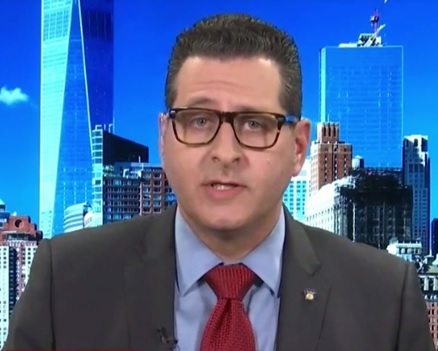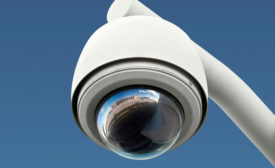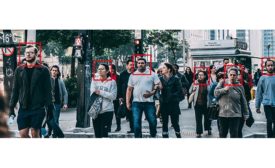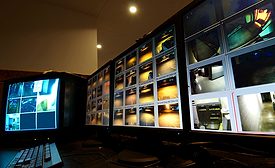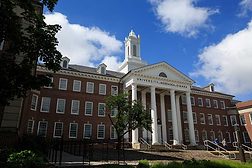Access Management
Setting the Gold Standard in School Security
Mike Matranga at Texas City ISD is on a mission to become the safest school system in the nation, by arming guards, using facial recognition, bullet-resistant glass, tracking students with chip technology and employing mental health experts.
March 1, 2020
Sign-up to receive top management & result-driven techniques in the industry.
Join over 20,000+ industry leaders who receive our premium content.
SIGN UP TODAY!Copyright ©2024. All Rights Reserved BNP Media.
Design, CMS, Hosting & Web Development :: ePublishing

